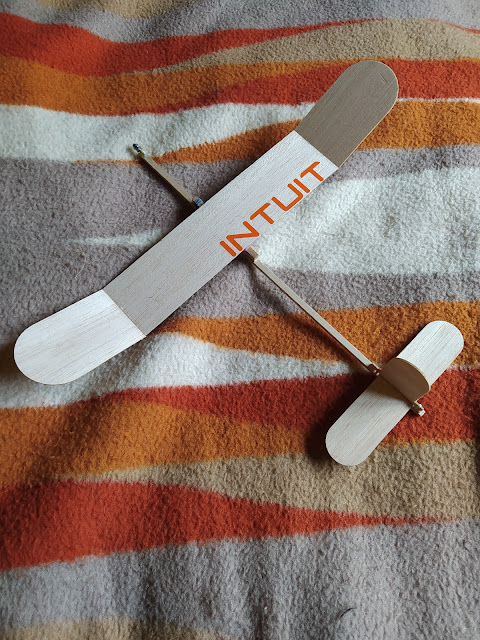The Digital Multi Meter or DMM is never far away from my hand and gets a lot of use. I was recently reminded of how it also can make some aspects of electronics more accessible. DMM come in fantastic variety of flavours and models and are available from around £5 through tow hundreds of pounds. They have heaps of uses and capabilities, measuring voltages, current, resistance, checking capacitors, and much more. I tend to use two functions of mine massively, checking DC voltage level is a popular task and also checking continuity ( a mode where if there is a connection between the probes it will beep) is so useful to check if something is connected.
Many DMM will check resistance but with some you need to know the order of magnitude you expect the resistance to be. These are selected using the rotary switch. Some DMM are "auto ranging" and as such will switch the units detected to the correct one for the measurement. So when checking a resistor that is 10,000 ohms it will detect and switch to give the value in kilo ohms. I ran a soldering workshop recently and I always give a short example of using the colour codes on a resistor to decode its value. However one of the participants was red green colourblind and would struggle to decode the band colours. Not a problem with an auto ranging DMM! The list of features on a basic multimeter is impressive but the list of all possible features in endless. Whilst for regular mains work I would want to spend more on a quality known brand, it's fair to say that for low voltage work electronics hobby stuff really good auto ranging DMM can be found for less than £20. A useful addition to any bench.











